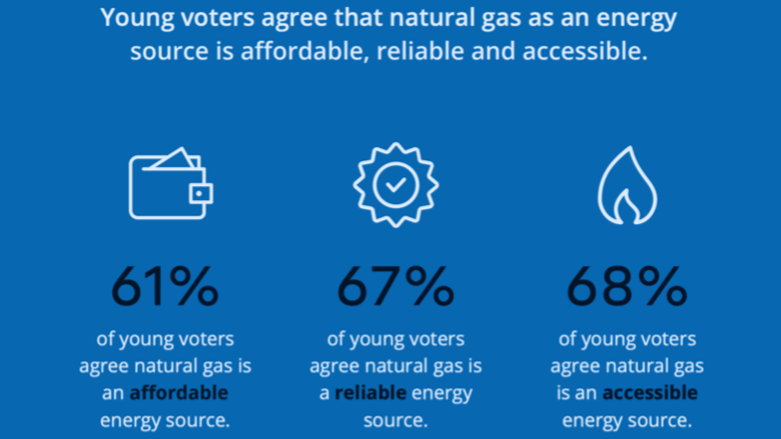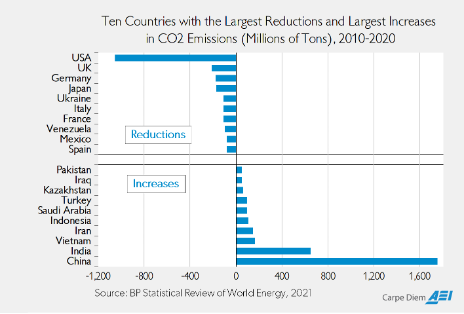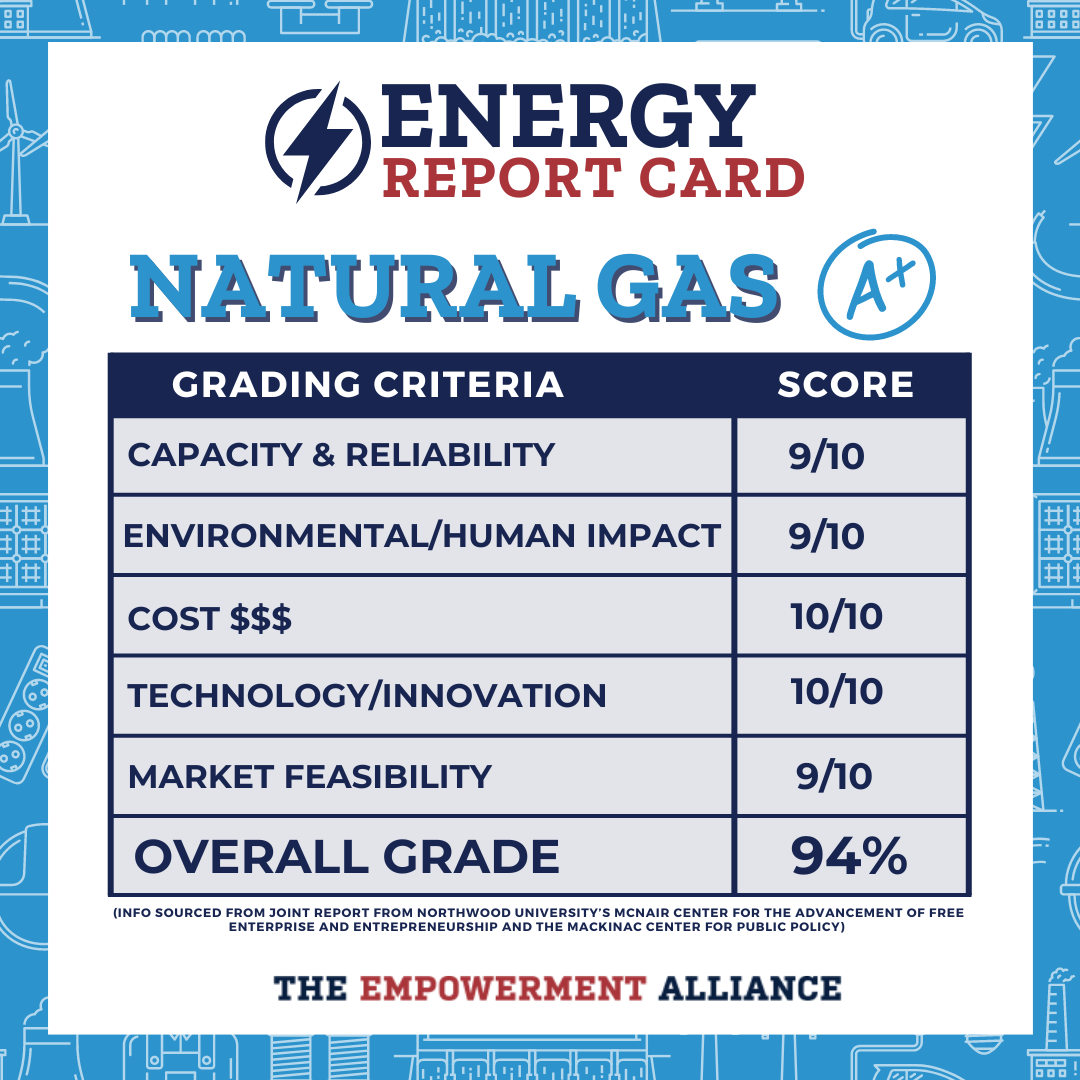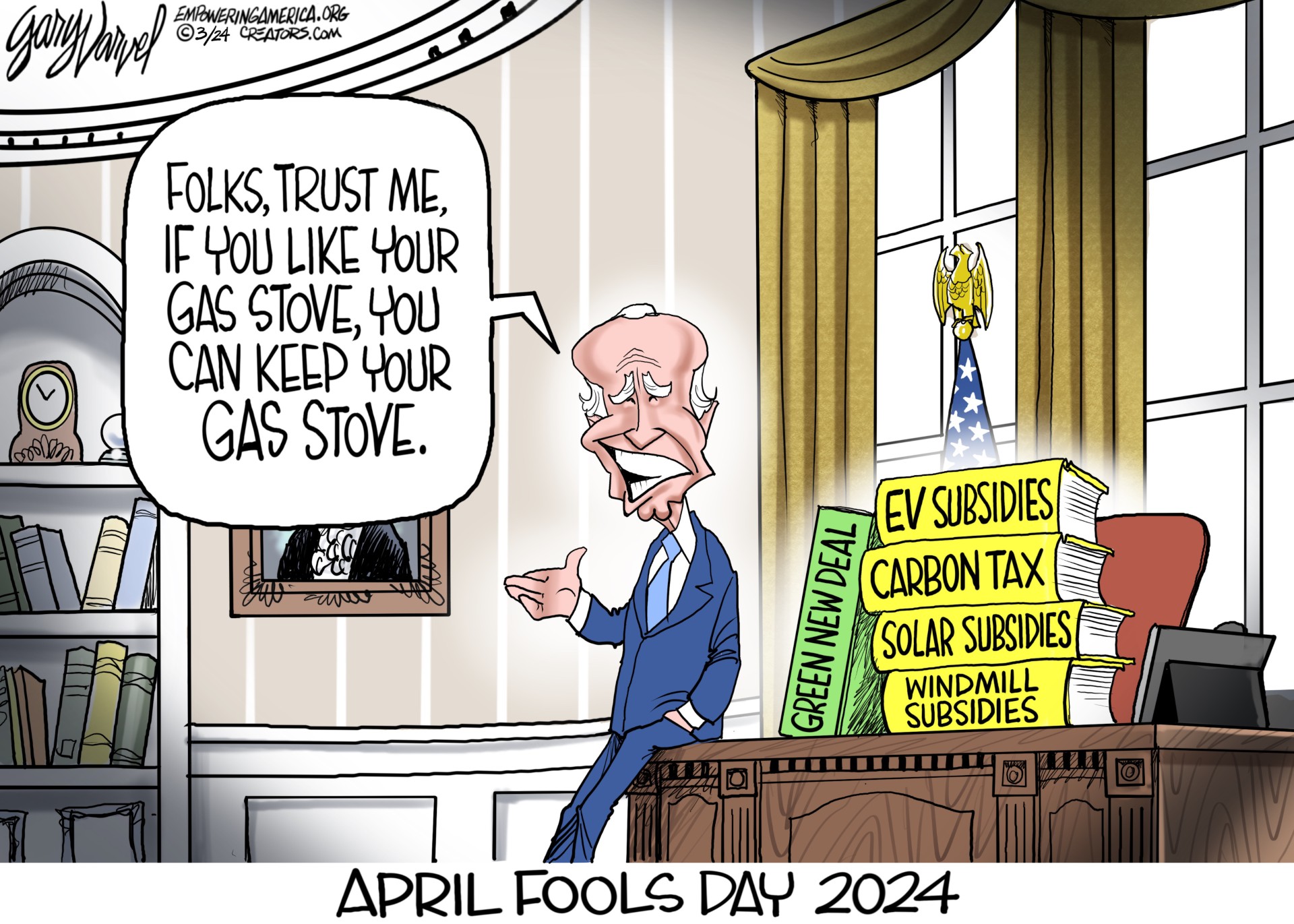Learn

AFTERNOON TEA
Afternoon TEA: Swiss Young Adults Say Hard No to Climate Change Agenda
Did you know?
Voters in Switzerland rejected a referendum that would have increased fees and taxes on motor vehicle fuels and air travel, as well as restricting industrial emissions and building renovations. The proposed Swiss law was designed to steer the country toward targets from the 2015 Paris Climate Agreement, specifically reducing carbon dioxide emissions to half the nation’s 1990 level by 2050.
But, as opponents of the referendum pointed out, Switzerland only produces 0.1 percent of total global emissions. Meanwhile, China has for years produced nearly 30 percent of global emissions—more than the rest of the combined developed world in 2019. So, Swiss voters clearly saw the obvious—driving up costs and limitations on their own lives and economy would do little to effect global emissions levels.
In a showing surprising to some, the strongest opposition to the proposed law came from younger voters. About 60-70 percent of voters aged 18-34 rejected the proposed Swiss climate law. But, despite what extreme “green” activists might lead you to believe, perhaps this showing from young voters, who are just starting their careers and families in extremely challenging times, isn’t surprising at all. A 2020 poll by the American Gas Association found that young American voters rank the economy as the issue that’s most important to them and more than two-thirds of these young Americans also believe that access to natural gas is critical to the U.S. economy.
Perhaps voters, young and old, are simply more practical and grounded in the real world than the political activist elites around the world want to believe. The Swiss proposal, just like similar proposals in the U.S., would inevitably drive up energy costs on families and businesses, just as recovery from a global pandemic was starting to take hold. And, it would have done next to nothing to lower global emissions. That just doesn’t add up for most people.







